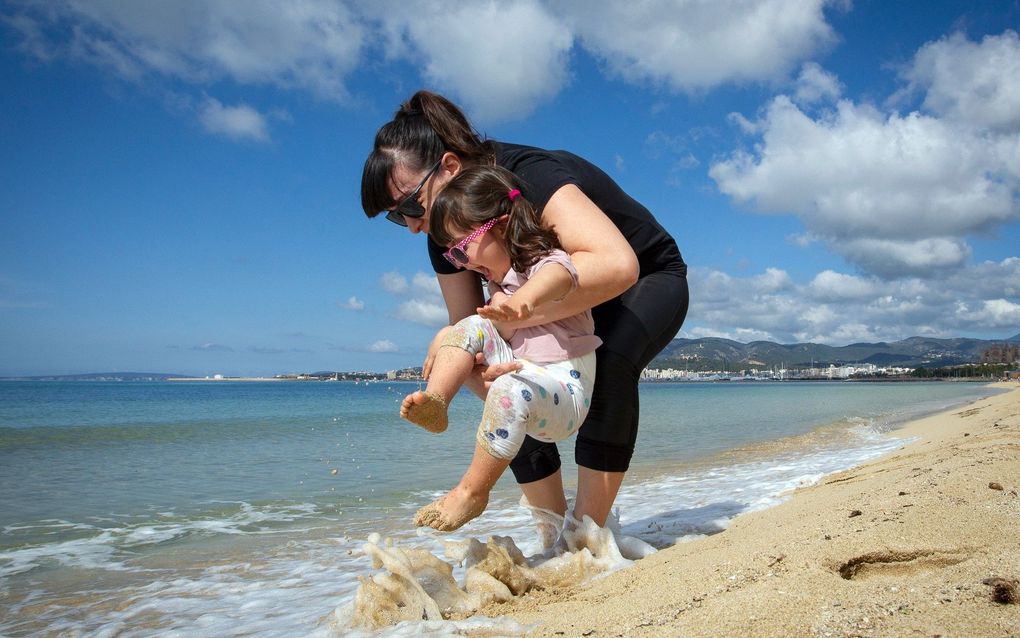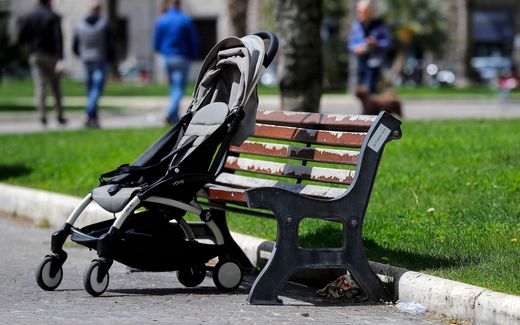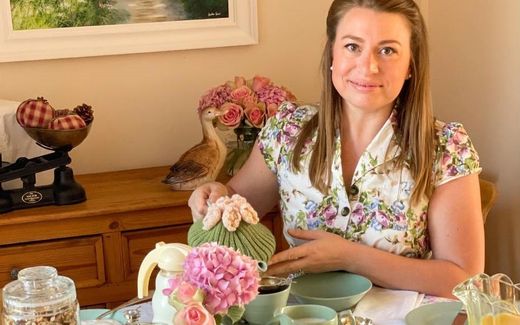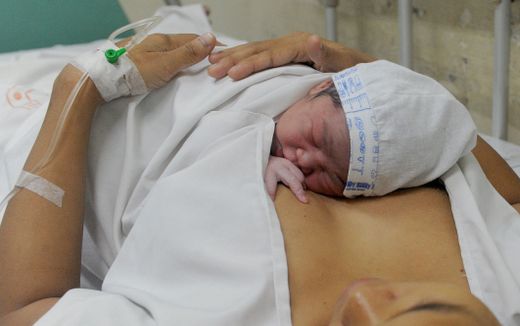Mother's column – Church, address the challenges of motherhood

A mother plays with her daughter at a beach. Photo AFP, Jaime Reina
Christian Life
A thirty-year-old mum with two children; nothing strange right? Yet, these women seem to be a minority. Being a young mother is out of fashion, Chiara Lamberti writes
I'm a millennial mum. That means I'm in my early 30s and raising two kids. Throughout history, the norm for a woman in her 30s was to have children. It was a normal, expected situation.
Until two generations ago, no one would have been surprised if a woman in her late twenties decided to have children. It might even have been considered a little late.
Today, things have changed. And today, millennial mothers face different and new challenges than women belonging to previous generations.
Condition
Today, motherhood is indeed a choice, one option among others. The perception of motherhood has changed rapidly in recent years. The step from motherhood being a choice to being stigmatised as undesirable, too complicated, and an obstacle to achieving personal goals has been very rapid.
Motherhood has increasingly become a life condition for simple women, for those without ambition, with little determination to achieve their goals.
This rhetoric of choice is not unique to the pro-choice movement. In fact, I know many women my age who consider abortion a sin or something they would never do but who are not open to parenthood. They simply feel that the social role of women has changed and can no longer be automatically equated to motherhood.
This idea of separating womanhood and motherhood is healthy. There are women who cannot have children, other women who never marry, and other women who live very difficult lives because they have superimposed motherhood on their realisation of womanhood. In other words, they believe that they cannot be a full woman without being a mother.
Opportunities
Nevertheless, this constant rhetoric about femininity living to its fullest without going through motherhood and the importance of personal fulfilment even affects Christian mothers who have a different perspective on issues like the family.
The guilt of not meeting social expectations, the idea of missing opportunities because of motherhood, and the idea of falling behind those who do not choose motherhood are some of the new challenges millennial mothers are facing.
At the same time, millennial women who embrace motherhood do not do so because they have no other choice or because they cannot see themselves in another role. They do so out of a conscious choice and a healthy desire to be open to parenthood. This choice should be encouraged and supported.
In this context, more and more churches need to be involved in encouraging, accompanying and promoting motherhood as a biblical value. The church needs to know about these new challenges, understand them, analyse them, and find biblical answers to the many questions young mothers struggle with.
Related Articles









